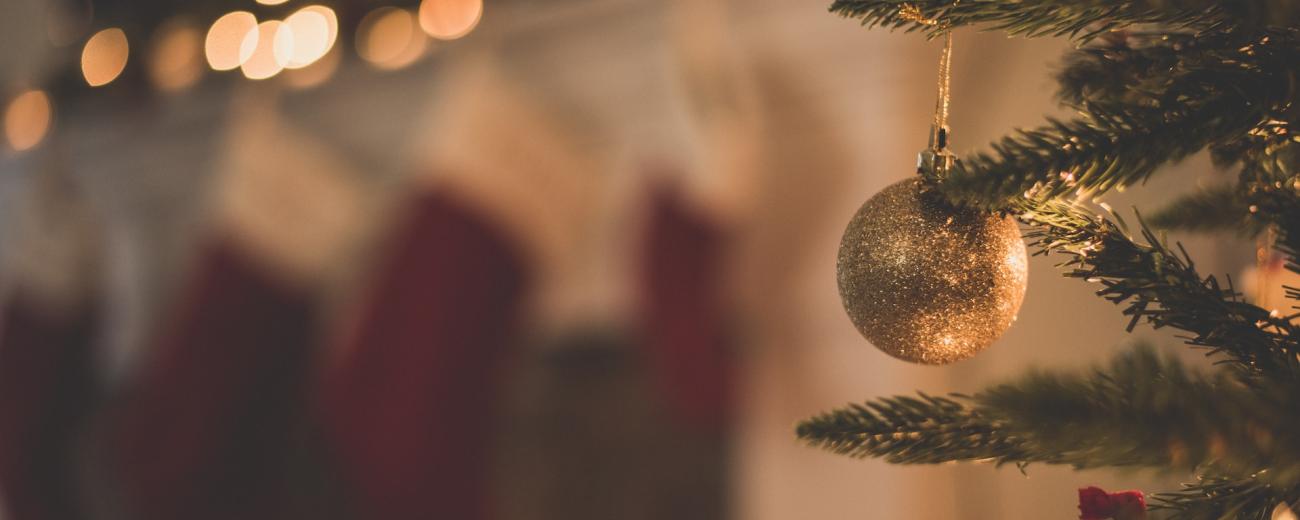Powerful stories of Muslim women building inclusive communities at Christmas


In a diverse country like the UK, Christmas has come to mean many different things to many different people. Whether religious or secular, communities interact with the Christmas holiday in a multitude of ways.
Research carried out at SOAS University of London reveals stories of people who, through creative gestures, help to bring communities together at this special time of the year.
For Muslim women living in predominantly Christian or secular cultures, December brings certain complexities as they seek to balance religious needs with social obligations. As highlighted by Dr Saleema F. Burney in her PhD research paper conducted at SOAS in 2020, many Muslim women find creative ways to embrace difference and build inclusive communities.
Saleema’s research was built on “a desire to document the voices of a sample of publicly active yet unheard British Muslim women” and by speaking to several women, she explored “how these proactive and engaged women have built salient, hybrid identities”.
Inclusive Christmas celebrations
The study interviewed British Muslim women about how they balanced the needs of their communities, wider society, and religion. One of the things explored was how Muslim women approach the Christmas holiday season. For some, like Sumayya, one of those interviewed in the research, experiencing different cultural celebrations is part of her identity which she happily embraces. Others, like Halima, feel more strongly that public services should better accommodate minority groups rather than just seek to tick boxes.
A key theme was Muslim women taking responsibility to create more inclusive spaces. Maryam took on organising her office Christmas party, but to help include people who has previously been excluded she created an alcohol-free part at the beginning. This increased the number of Muslim colleagues able to attend and socialise alongside non-Muslim coworkers. Her creative solution brought together disparate groups and was praised by the office.
Maintaining religious identities while supporting the wider community
In the research, other women spoke of needing to maintain their religious identity in public spaces more generally. For them, activities like wearing a hijab (a veil or headscarf) are central to living out Islamic principles rather than a private preference.
Many Muslim women feel empowered to shape social settings to allow for their full participation. In her neighbourhood, Huda regularly distributed sweets to non-Muslim neighbours for Ramadan and Eid. After initial indifference, over time her gestures built connections and neighbours began to ask when she would next visit. The experience led Huda to consider adding a visit to her neighbours during Christmas.
A little goes a long way
The common thread throughout the research are stories about Muslim women embracing leadership roles within their communities and workplaces to make room for their multi-faceted identities. Small acts like bringing sweets or organising work parties that include alcohol-free hours may seem small, but these efforts to find common ground build bridges. They demonstrate a few of the many ways that Muslim women maintain their religious identities while also connecting with their wider communities.
Saleema’s research shows Muslim women navigating difference with positivity and determination. The experiences of the women highlight how embracing diversity can empower different parts of society to come together. With creative and thoughtful gestures, we can find shared joy during holidays while respecting each other’s different beliefs.
Saleema’s paper and many other research publications can be found in SOAS’s free, online, and publicly available database.


